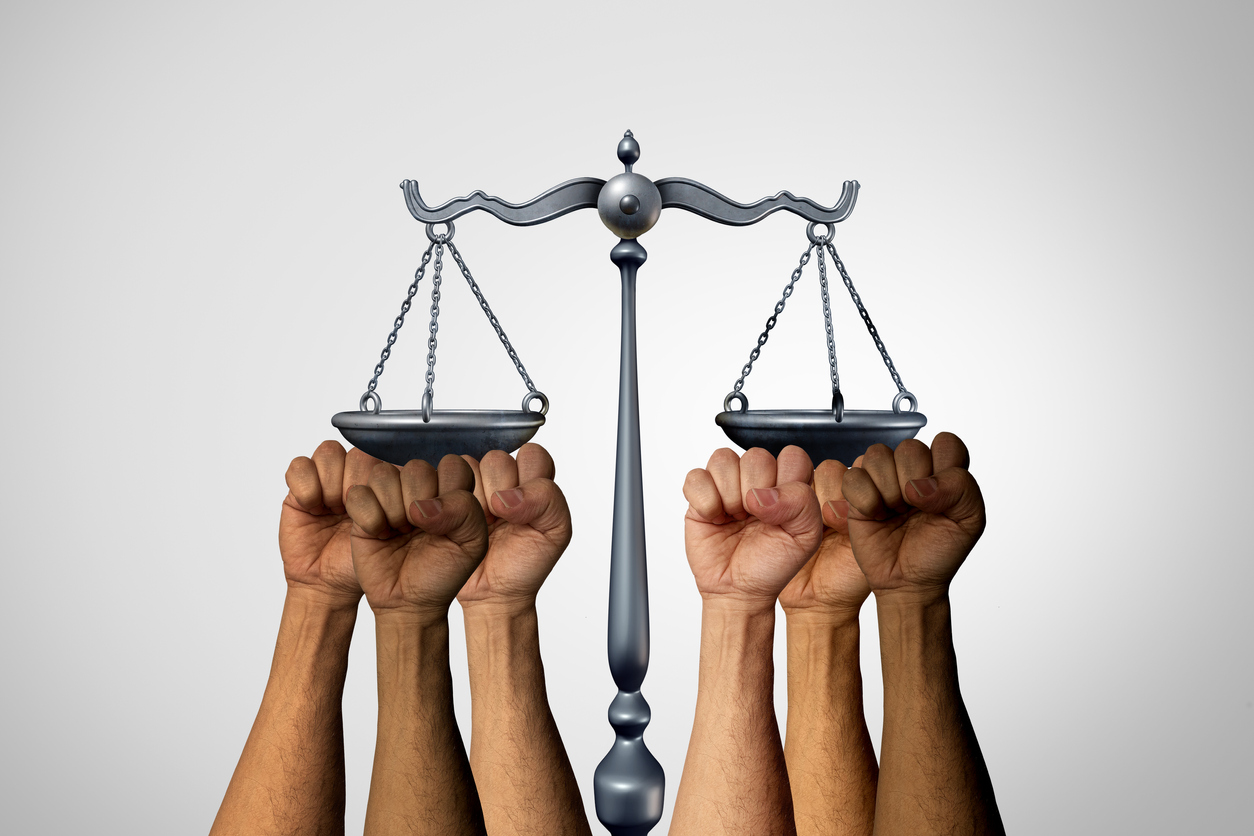Short Course Description
Restorative justice is an approach to addressing harm that focuses on healing, accountability, and restoring relationships rather than punishment. It involves victims, offenders, and the community in a collaborative process to repair the harm caused by an offense.
Core Principles:
- Healing and Repair: Prioritizes the needs of the victims and community.
- Accountability: Encourages offenders to take responsibility and understand their impact.
- Inclusion: Involves all stakeholders in finding solutions.
Processes:
- Victim-Offender Mediation: Direct discussions between victims and offenders.
- Restorative Circles: Community discussions to address harm.
- Restorative Conferencing: Structured meetings to agree on reparative actions.
Goals:
- Empowerment: Gives victims a voice.
- Reintegration: Helps offenders reintegrate by addressing root causes.
- Community Strengthening: Fosters collective responsibility and cohesion.
Benefits:
- Reduces Recidivism: Lowers repeat offending.
- Victim Satisfaction: Higher satisfaction compared to traditional justice.
- Cost-Effective: More affordable than incarceration.
Challenges:
- Voluntary Participation: Relies on willing participants.
- Resources: Requires trained facilitators and resources.
- Balancing Needs: Needs careful facilitation to meet all parties' needs.
Restorative justice is used in various contexts to promote a compassionate and holistic approach to conflict resolution.
Reviews
4.6
4.6
23 ratings - 5 stars16
- 4 stars5
- 3 stars2
- 2 stars0
- 1 stars0
Instructor(s)
Tran



Very informative and thorough.
Interesting
It was very interesting
It was very interesting to hear the legal side of mediation. I am interested in learning more about the legal components of different cases.
Very interesting and engaging